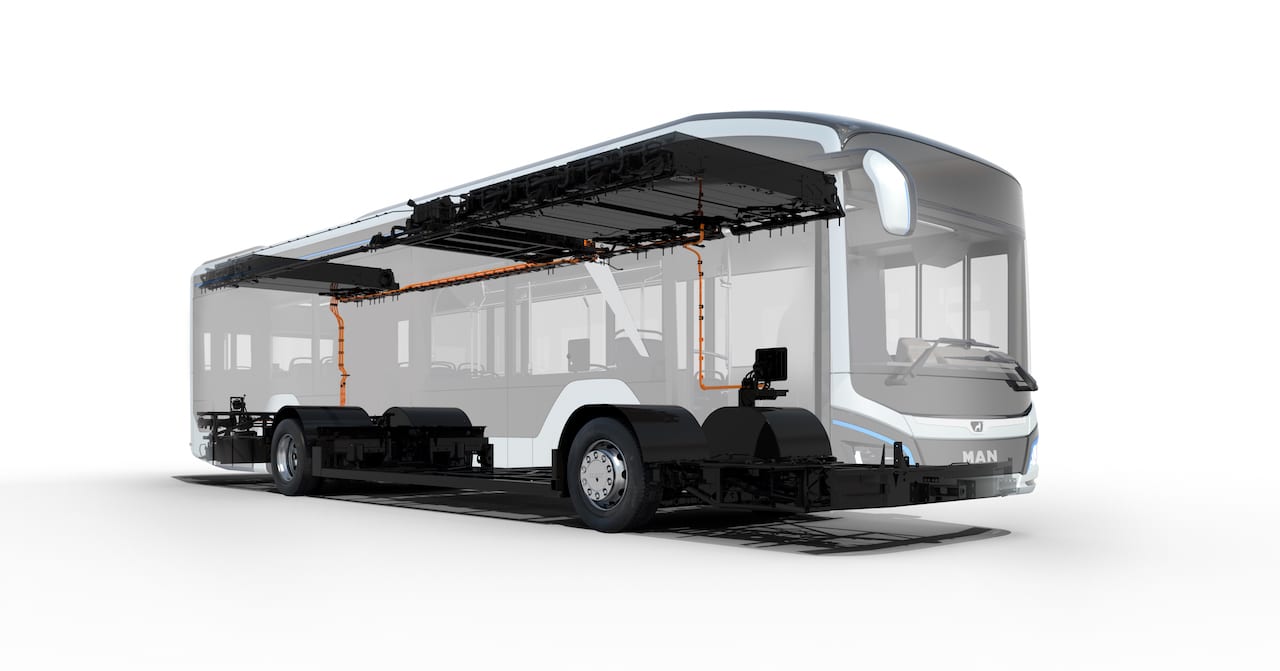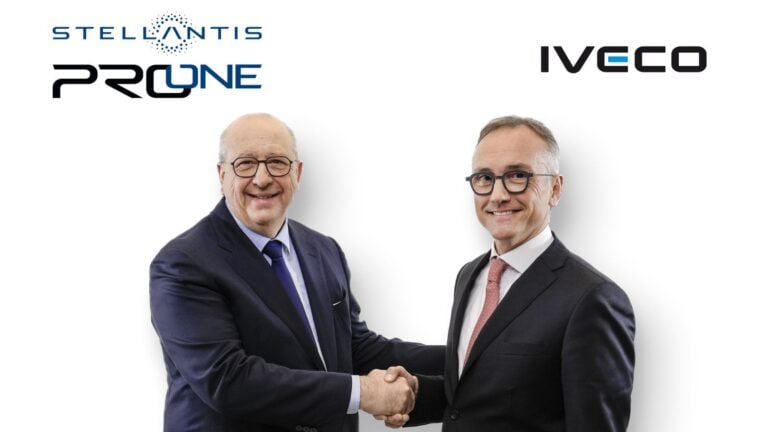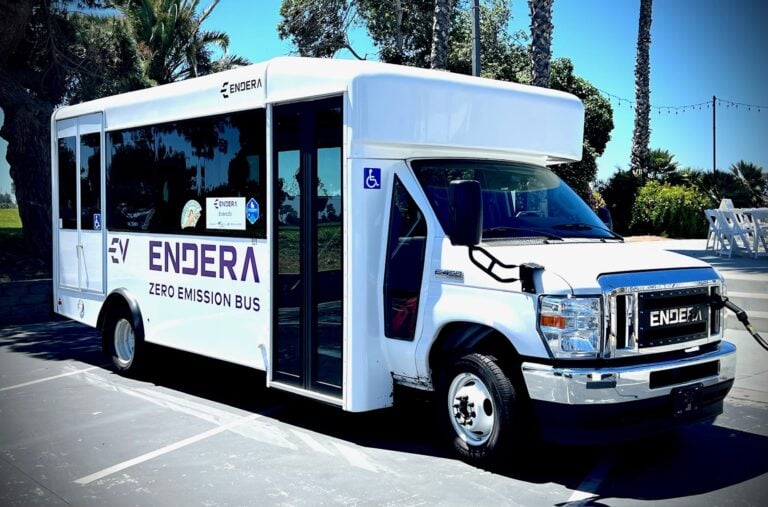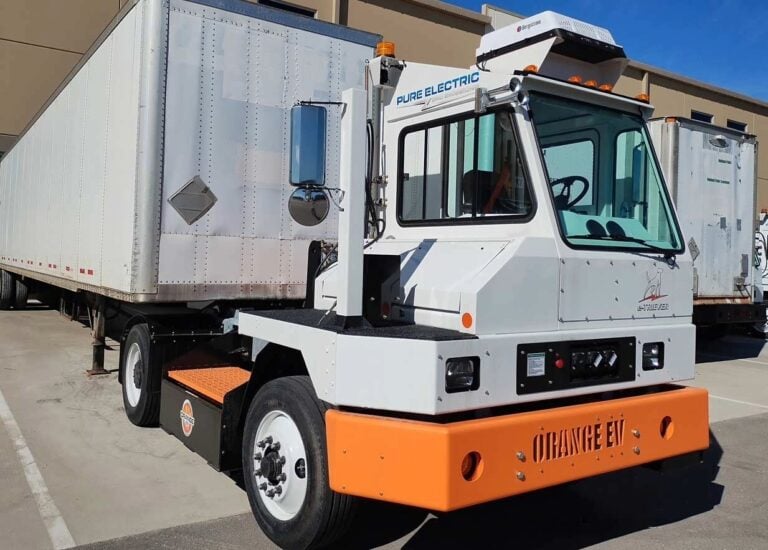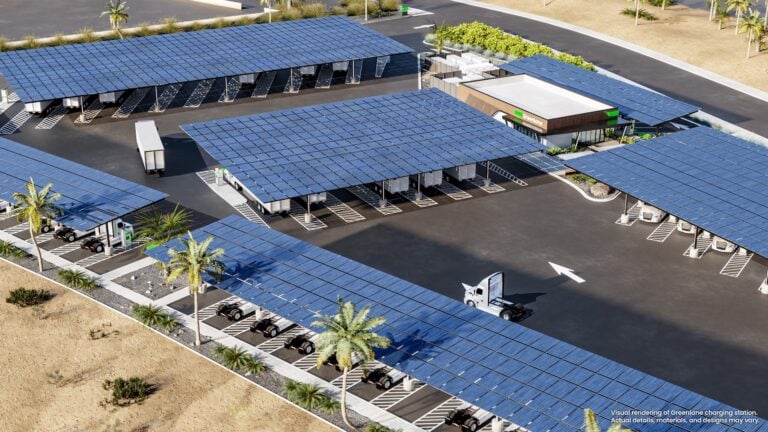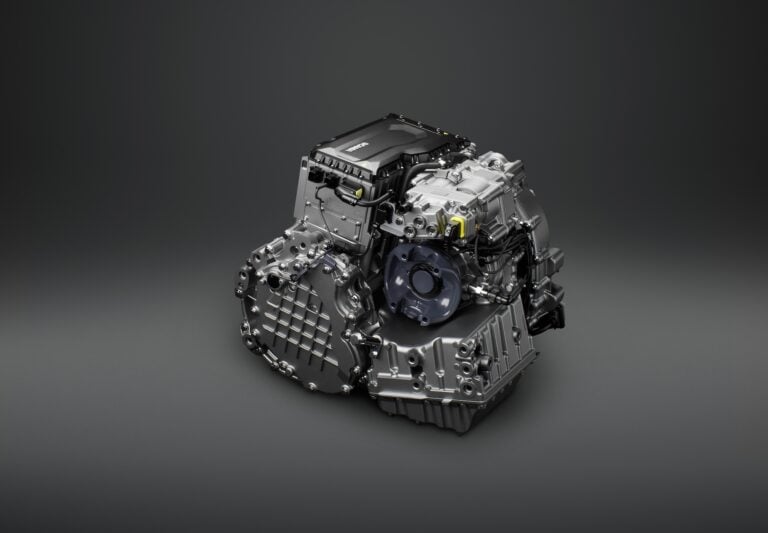Many years of experience in chassis technology and e-mobility incorporated into development of eBus chassis
E-mobility is electrifying more and more people and companies around the world. Internationally, it is rapidly gaining momentum. Analysts expect demand for electric buses to continue to rise in the coming years. By 2040, sales of zero-emission buses are expected to rise to over 80 percent of the global market. “To meet this demand and make an important contribution in terms of sustainable mobility, we are now offering the MAN electric bus solution for international markets outside Europe with our eBus chassis,” says Rudi Kuchta, Head of Business Unit Bus at MAN Truck & Bus, adding, “With the chassis, we are giving bodybuilders from all over the world the perfect basis for their fully electric models.”
For the development and market launch of the eBus chassis, MAN is relying on the knowledge and expertise already built up with the Lion’s City E. “In addition, we are relying on our long-standing partnerships and are working intensively with our global network of bodybuilders so that we can also serve markets in Asia, Africa, South America, Australia and New Zealand in the best possible way,” says Kuchta. The first prototypes of the MAN eBus chassis will be delivered as early as 2023. Series production is scheduled to start in 2024. The eBus chassis will be produced at MAN’s Polish plant in Starachowice, where the Lion’s City E is also manufactured. “In recent years, our employees in development and production have gained valuable experience around our eBus and its series production. We are naturally incorporating this into the production of our new eBus chassis, from which our customers will benefit significantly.”
eBus chassis: Flexible solutions and proven technologies
As a first step, MAN will offer the eBus chassis as a two-axle version for use as a low-floor, low-entry and intercity bus (high floor). “To ensure that the eBus chassis can be used everywhere, it will be available as a left- and right-hand drive variant,” says Barbaros Oktay, Head of Bus Engineering at MAN Truck & Bus, adding, “This is particularly interesting for countries where left-handed traffic prevails and MAN buses already dominate the road scene. These include Singapore, South Africa, Australia and New Zealand, among others.”
When it comes to the components for the eBus chassis, MAN relies on technology from the Lion’s City E – above all the electric central motor on the rear axle and reliable battery technology from the Volkswagen Group. “Thanks to this technology, which has already proven itself in the field, and our many years of experience in chassis technology, we can offer our customers an innovative and efficient eMobility solution for urban and intercity transport,” says Oktay. Another convincing aspect is that MAN is going one step further with battery technology in order to meet the sometimes enormously different requirements of international bus companies in terms of daily range, total mileage, and costs. In addition to the NMC technology (lithium-nickel-manganese-cobalt battery) familiar from the Lion’s City E, there will therefore be LFP technology (lithium-ferrophosphate battery). “Our goal is to make it as easy as possible for all our customers to get started with electromobility. And we can do this with a product that is safe, reliable, has a long-range and is extremely flexible,” Oktay sums up.

